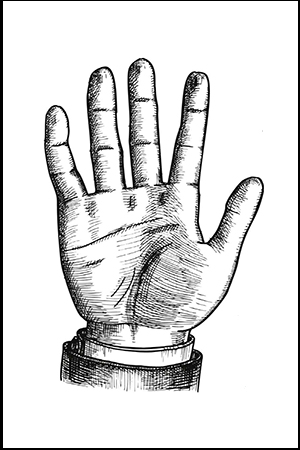
Those who rule us seek to stamp out masculinity. Over the past
several decades their attacks have been wildly successful, as a glance around you will show. True, in some families, boys are still raised to be men. But when they leave home, the never-ending attacks of the feminizers pick off many, because in every area of mainstream American life, masculine behavior is anathemized and punished. Only those willing to pay heavy personal costs can defy this never-ending coercion. Some men resist, and some even reverse the indoctrination, discovering and adopting masculinity on their own—although without broader social support and traditions, such self-taught men run the risk of caricaturing masculinity. What we need is a mechanism for any man, at any age, to begin centering and cultivating real, well-rounded, durable masculinity. Fortunately, such a mechanism is readily available and teachable—taking up tool-based manual work.
This is the first paragraph, and here is the link to a free-download PDF of the rest of this article by me, in the seventh issue of the journal Man’s World. (My piece begins on page 307). This popular journal is edited by the pseudonymous Raw Egg Nationalist (who can be found here on Twitter). A flipbook version can be found here. Download and enjoy!
